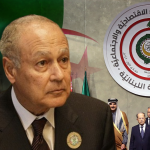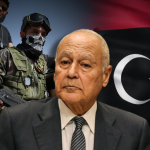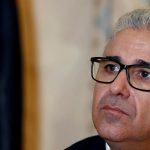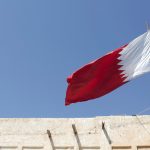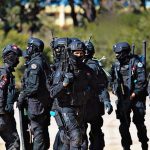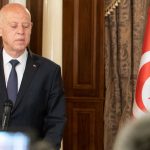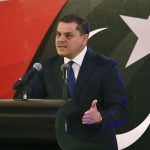Libya: Dbeibah meets with envoys to discuss current political events
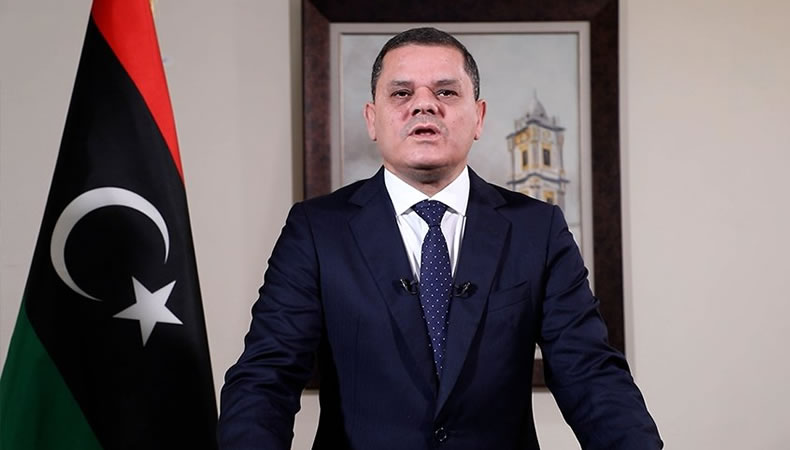

Ambassadors responded by telling Dbeibah that more work has to be done in order to have elections, and that they firmly support UN Special Representative for Libya Stephanie William’s efforts to form a joint constitutional committee. The conference was attended by ambassadors from Turkey, the United States, the United Kingdom, France, Qatar, Greece, Germany, Italy, Spain, Russia, Algeria, and Tunisia, according to Anadolu Agency (AA).
On March 6, Turkey’s Ambassador to Libya, Kenan Ylmaz, had a one-on-one discussion with Dbeibah. Meanwhile, Richard B. Norland, the US Ambassador to Libya, advocated moderation and asked all parties to de-escalate tensions. “The United States continues to encourage calm and de-escalation in interactions with all sides,” the ambassador wrote in a Twitter statement, adding that his Washington colleagues had a similar talk with Fathi Bashagha Tuesday afternoon.
Related Posts
Following the failure of a scheduled election in December, a fight for control of Libya’s government threatens to return the nation to the turmoil and division that have characterized the country for much of the time since a NATO-backed revolution in 2011. Dbeibah, who was established a year ago through a UN-backed procedure, claims that his government is still in place and that he would only relinquish power after a rescheduled election, which he claims he will hold. “What they termed a government would never operate in reality and will not have a place,” Dbeibah added, accusing parliament of attempting to undermine the poll.
When the December election did not go as planned, Parliament declared Dbeibah’s tenure ended, and the house picked Bashagha to oversee a new transition, with elections scheduled for next year. The eastern-based putschist Gen. Khalifa Haftar, who launched a 14-month war against Tripoli from 2019 to 2020, supports Parliament’s position. Armed factions in the capital and western provinces are divided on the issue, with some claiming to be opposed to parliament’s decision to choose a new government.
Bashagha, a former interior minister, stated that he was dedicated to having elections within the time period established by Parliament next year, and that he hoped to reach a compromise on the matter with different political entities. The scheduled election in December was canceled due to disagreements over basic electoral standards.

